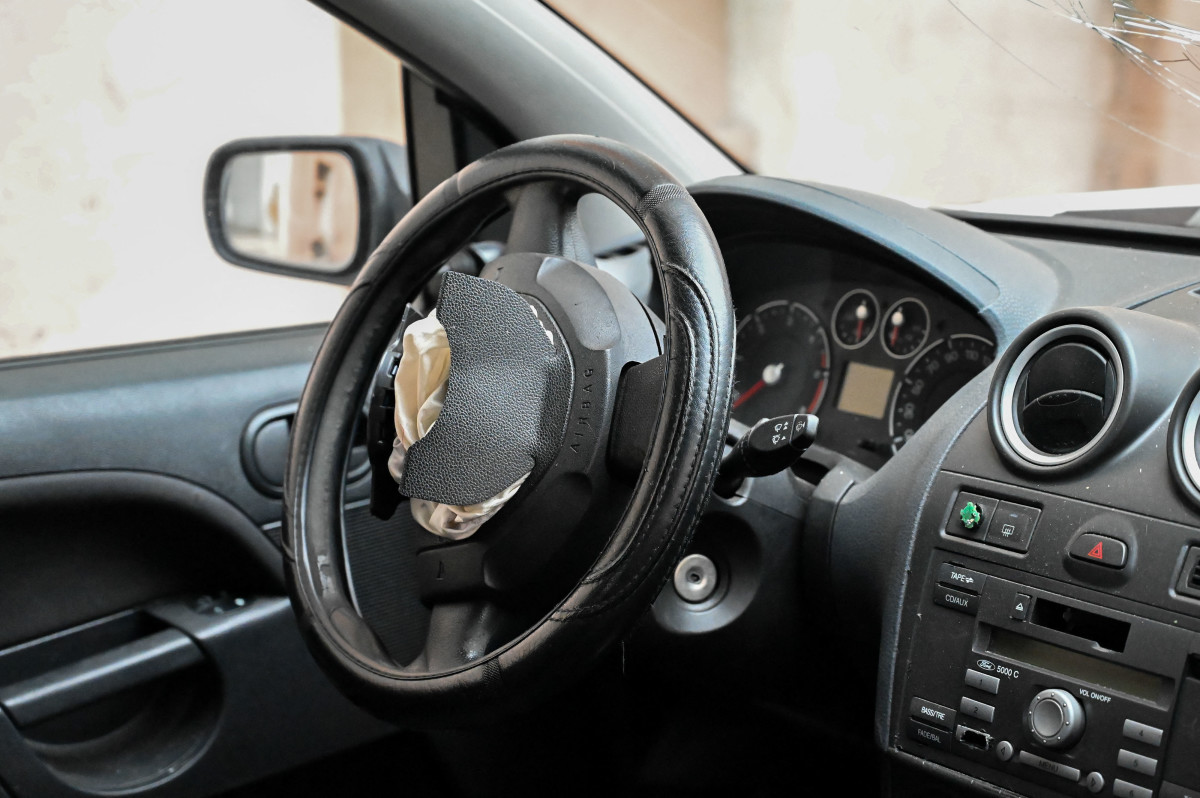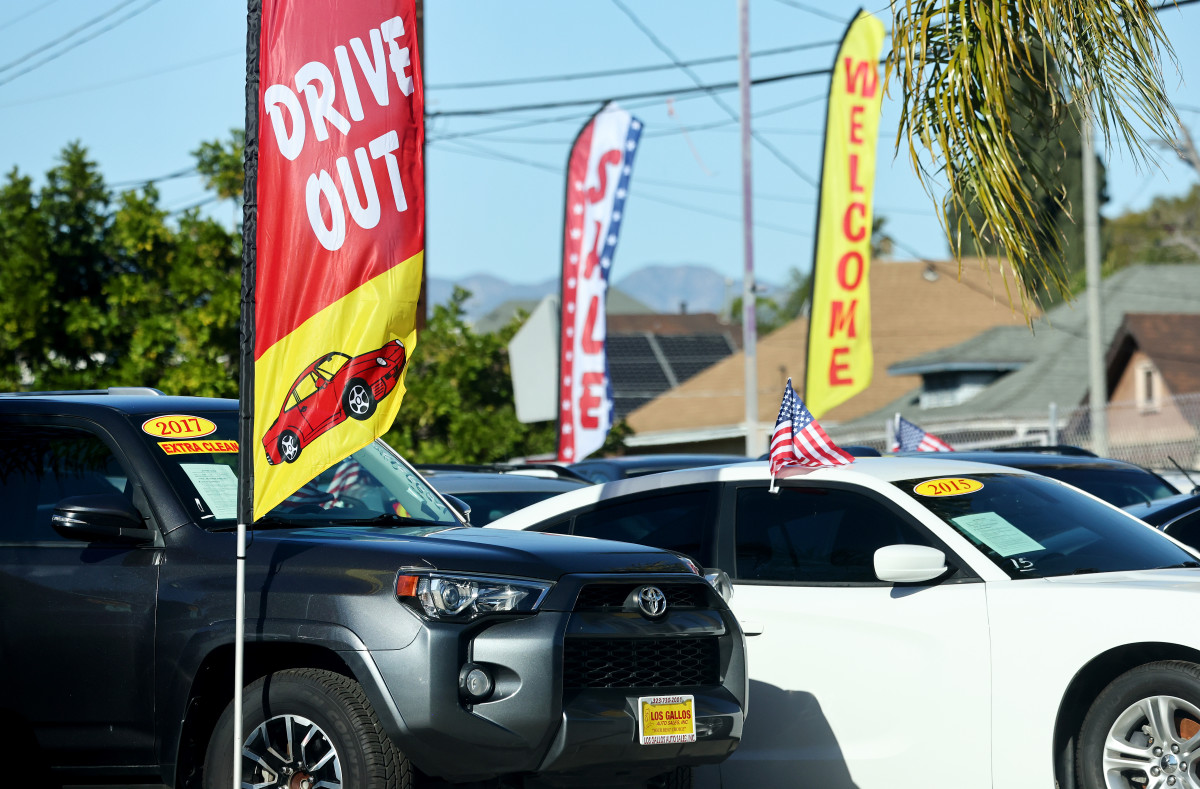
Former Japanese manufacturer Takata in 2014 initiated what would become the largest single recall in U.S. history. More than 67 million units of its airbags contained components that could seriously injure or kill drivers in cars made by a wide variety of manufacturers.
The culprit of the ordeal was the airbag inflator, a metal cartridge loaded with propellant designed to rapidly inflate the airbag in the event of an accident. The affected airbags carry the risk that the inflator housing could rupture in a crash, causing metal shards from the airbag to be sprayed throughout the passenger cabin and harm the occupants.
Related: Toyota is joining a cohort poised to best Tesla's Supercharging
According to the National Highway Traffic Safety Administration (NHTSA), 27 people have lost their lives, and 400 have been injured due to these defective airbags to date.
As of April 2024, 88% of affected airbags have been repaired or replaced. However, the NHTSA has issued a new warning that a new danger may be inside many of the used cars sitting on driveways, parking lots, and dealer lots across the country.

In a July 10 statement, the NHTSA warned drivers and potential owners of used cars to be wary of "cheap, substandard replacement air bag inflators that can cause death or serious injury in a crash."
These dangerous aftermarket parts in these airbags pose similar risks to those made by Takata almost 10 years ago, as large metal fragments can fly into an occupant's chest, neck, eyes, and face, causing death or severe injuries.
According to the federal agency, three people died, and two people have suffered disfiguring injuries in the last year due to these faulty parts.
These faulty parts often find their way into used vehicles due to their low cost and availability on the internet. They are installed by technicians at reputable service and repair shops and manufacturer dealerships. Per the NHTSA, these parts are made by foreign entities with "little to no reputation of quality manufacturing or experience."
According to data by CarFax, nearly 2 million vehicles that have been in a crash where an airbag deployed over the last two years are still on American roads. Each presents an opportunity for enterprising individuals and scammers to install potentially deadly counterfeit airbags and profit in the name of safety.
"It's really scary," Consumer Reports safety policy associate director William Wallace told Automotive News. "People often don't realize how dominant the used-car marketplace is for most consumers."
More Automotive:
- Hyundai pressured dealers to play dirty sales trick, lawsuit alleges
- Ford CEO sends a stern warning for American car buyers
- Analysts have a bleak outlook for car dealers after CDK cyberattack
A dire situation
Many of the cars on the road are old and only getting older. According to data from S&P Global Mobility, the average age of the average car, pickup truck, and SUV on American roads has increased to a record 12.6 years—a record high.
More Americans are turning to the used market because of lower prices amid high interest rates. With the average price of a new car approaching $47,000, per Kelly Blue Book, buyers are incentivized to look elsewhere for a great deal.
The NHTSA is urging consumers who own or are considering owning a used vehicle to learn about the vehicle’s repair history and make sure that the vehicle has air bag inflators made by the automaker's OEM supplier.
They warn that vehicles with substandard replacement parts can kill or critically injure them in a crash. The non-genuine inflators may only partially inflate the airbag or inflate it too slowly, which can cause an occupant’s head or body to hit the steering wheel or dashboard in a crash.
Owners should consult with car dealerships or qualified mechanics to determine if their vehicles have non-genuine airbag inflators. If one is found, the NHTSA advises replacing it with a genuine part and notifying a local Homeland Security Investigations office or an FBI field office.
Related: Veteran fund manager picks favorite stocks for 2024







